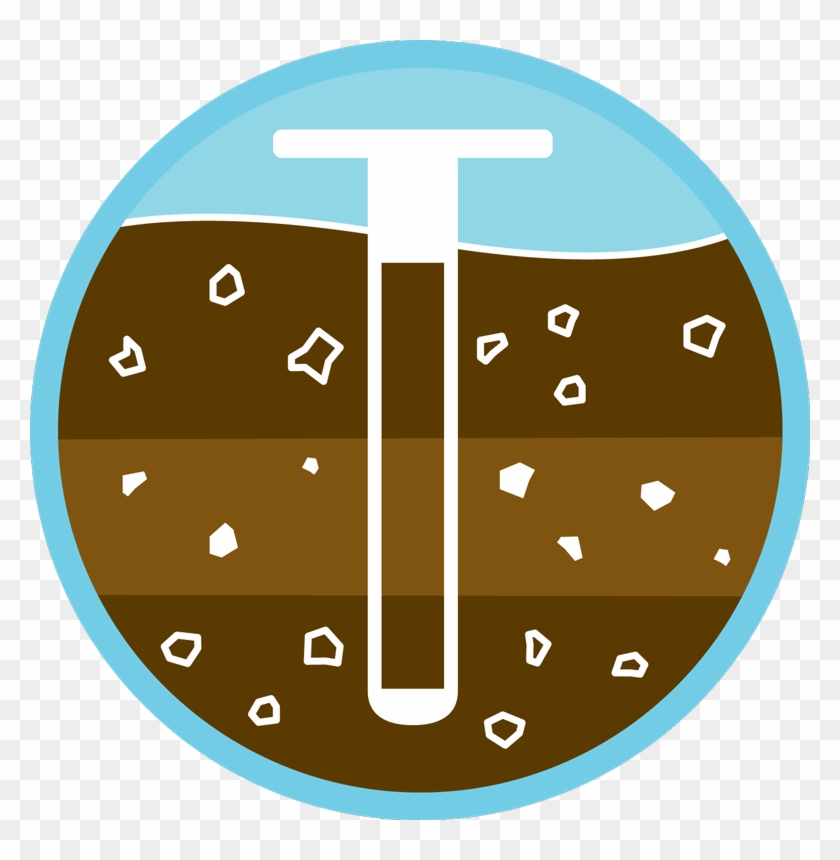Subscribed thanks to this meme. I’m ready to learn some damn soil science.
Talk dirty to me
Lessivage. Podzolification. Slickenslides…
whats a manganese anywhoo?
A micronutrient with a somewhat narrow band of tolerance. Outside of which, deficiency of toxicity can occur.
You can tear the podzol from my cold dead hands (I do not know what podzol is)
A Podzol is a soil formed in a humid climate. The high precipitation flushes carbonates from the soil profile quickly, decreasing the soil pH. Following this, one o r two processes happens
1.) The iron in the first horizon of the soil profile leaches and is deposited lower down in the soil profile creating an iron rich layer.
2.) Humic acids move under deposited lord out of the soil profile
Depending on what substance moves, the classification of the soil changes slightly both are Podzol
Neat. So is the podzol the combination of (in situation 1) the leached soil and the iron layer? Or does the iron layer become its own “thing”?
It’s a combo.
This Ferro-Humic Podzol has both a humic acid and iron enriched horizon (Bfh) and a horizon where the iron continued on and deposited lower (Bf). All of this came from the Ae horizon right under the forest floor (LFH) and the forest floor itself
Fill my head with knowledge of mycelium
Who tf is Sandy Loam
Indeed, good try … without soil, we’d have nothing to eat (OK, still fish and seaweed …), so then no girls or music. Long ago, studied environmental chemistry, including some research on fluorescence of “humic acid”, but then time to choose where to specialise next - reckoned the atmosphere was too simple (small molecules, no biology), the soil too muddled (empirical formulae, rather than derived from fundamentals), so ended up in the ocean as a compromise. But maybe soil science evolved since then, please enlighten us…?
General observation with several ‘science’ communities here on Lemmy: plenty of bare posts dropped on top, but the layers accumulate without stirring (replies), how to nurture more worms and air bubbles to digest the soil?
Fair enough observation. I guess in my case it’s creating horizons… Similar to pedaogenesis…
I have this community to serve as a way for people to learn more if they want to dig deeper into soil science. There’s a lot of resources on the sidebar that can help you do that, but I don’t have the time to essentially put on a course online.
I suppose I could try but I don’t want to do something half-assed. thus, try to post a bunch of articles with their abstracts and the post text box so that people can figure out which ones they want to read or not.
This is why learning is fun. You’re doing the work of the finest humans. Love to see this and damnit, I want to know more to participate. I think it’s working…
Rabbit holes are a fun thing. I keep getting pulled into new topics daily and can’t stop won’t stop learning
Is there anything special about the soil in a rabbit hole?
I realize you’re joking, but… Not the soil itself but them burrowing. The old ones eventually backfill with topsoil, and that helps make the topsoil thicker and less dense in a way, over time as multiple burrows are created. This is part of the reason why gophers are a keystone species on the prairies.
deleted by creator
Why?





